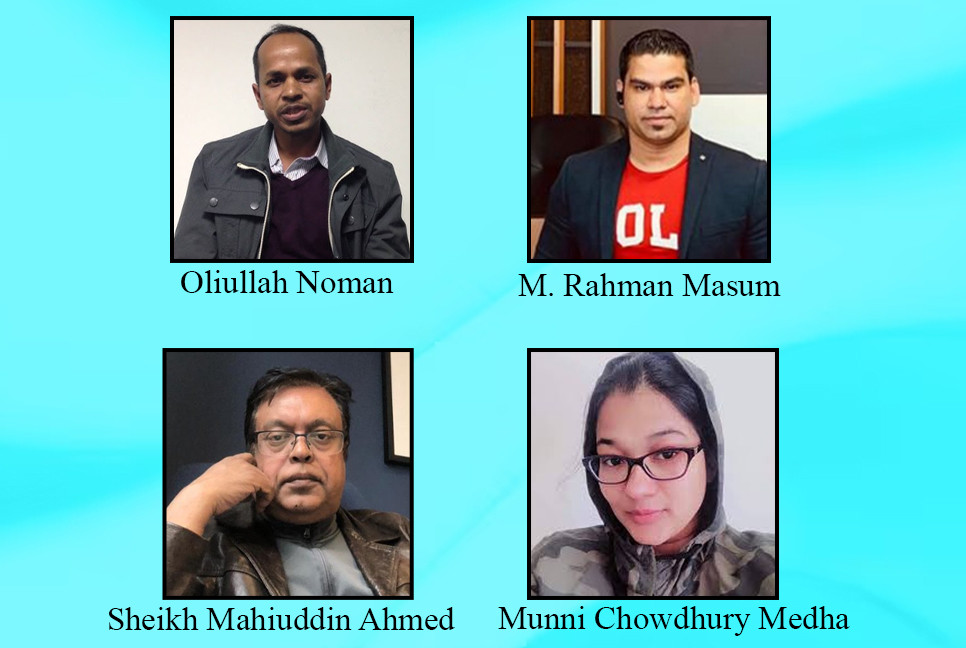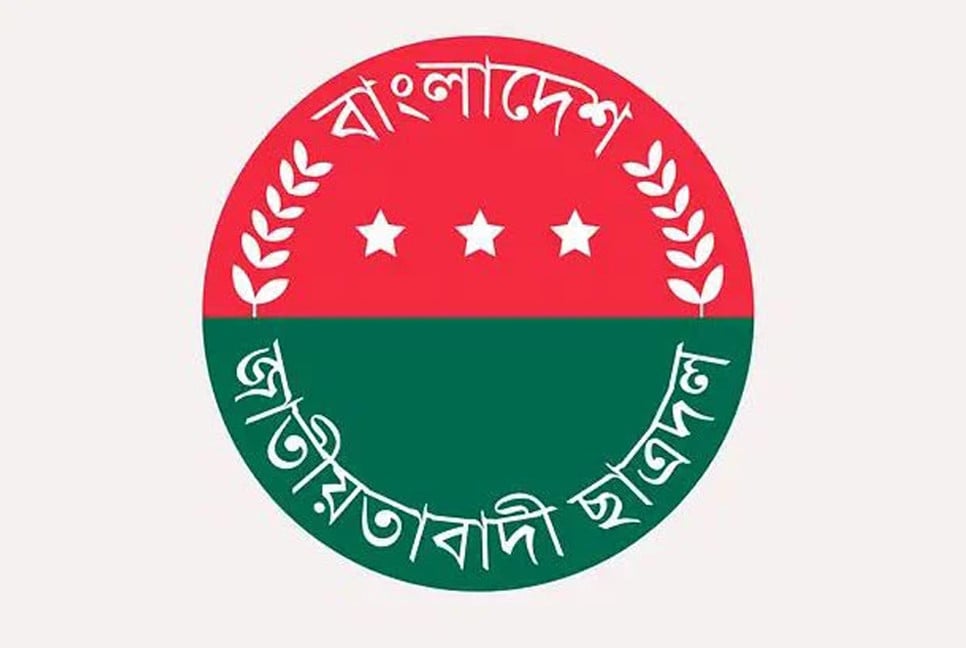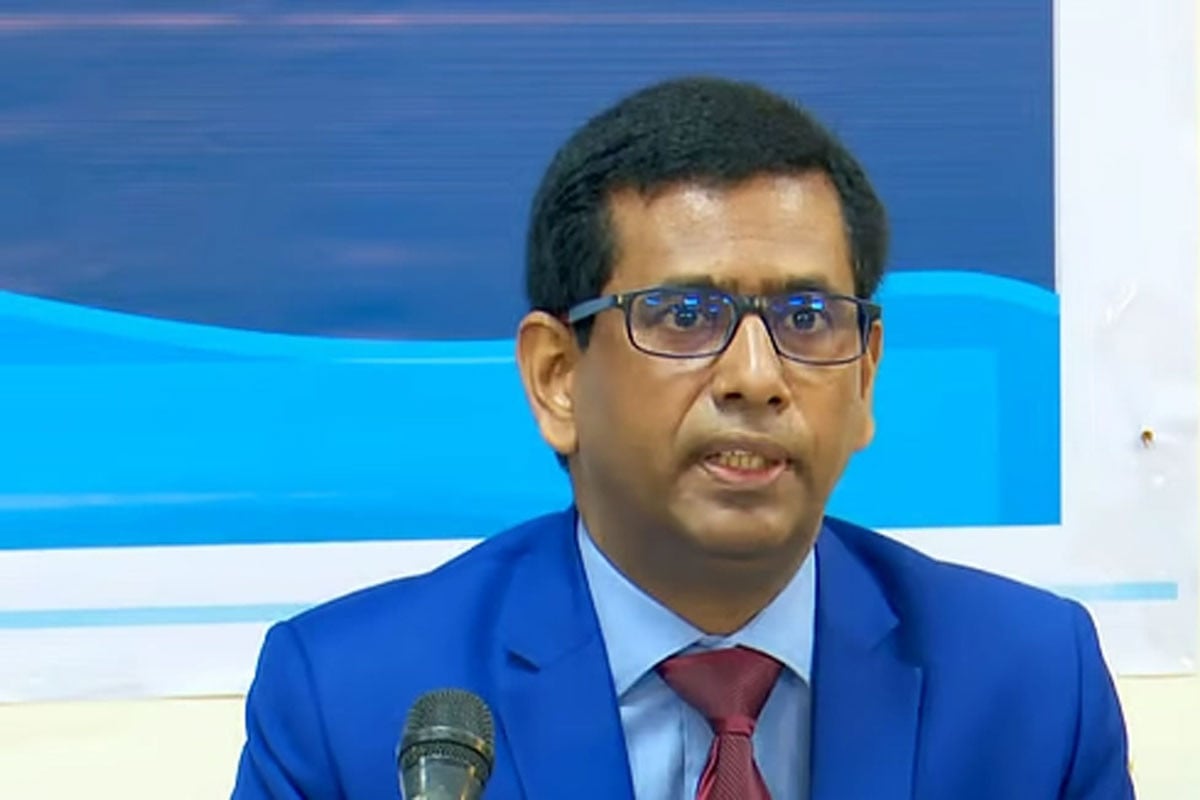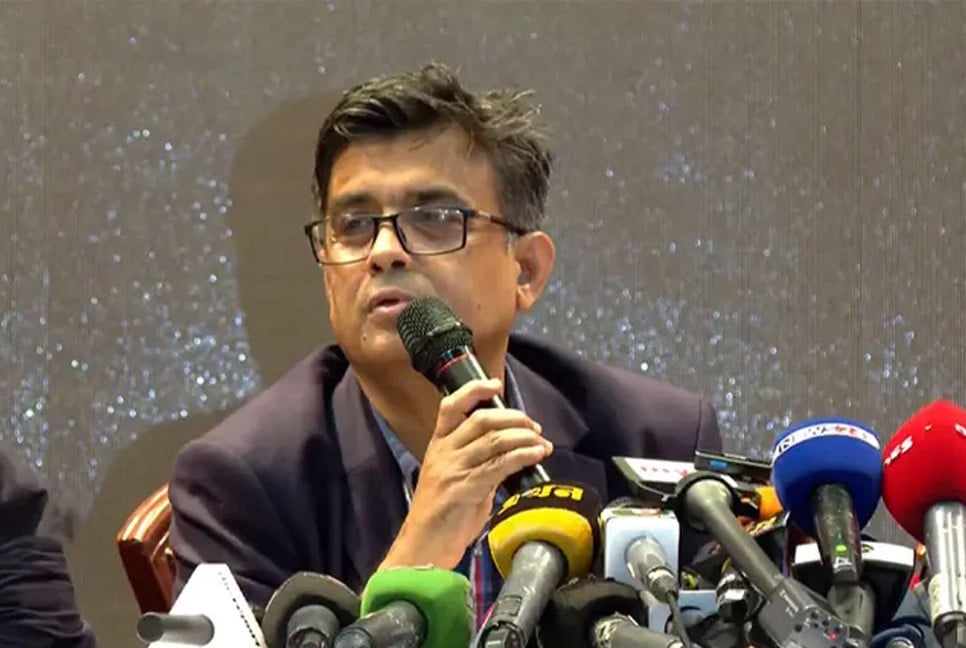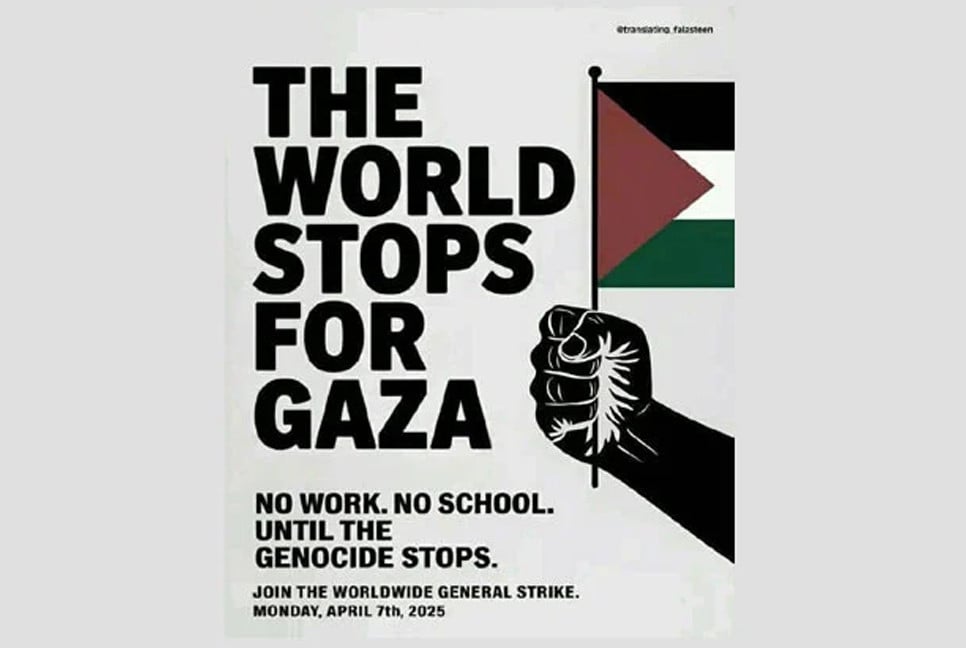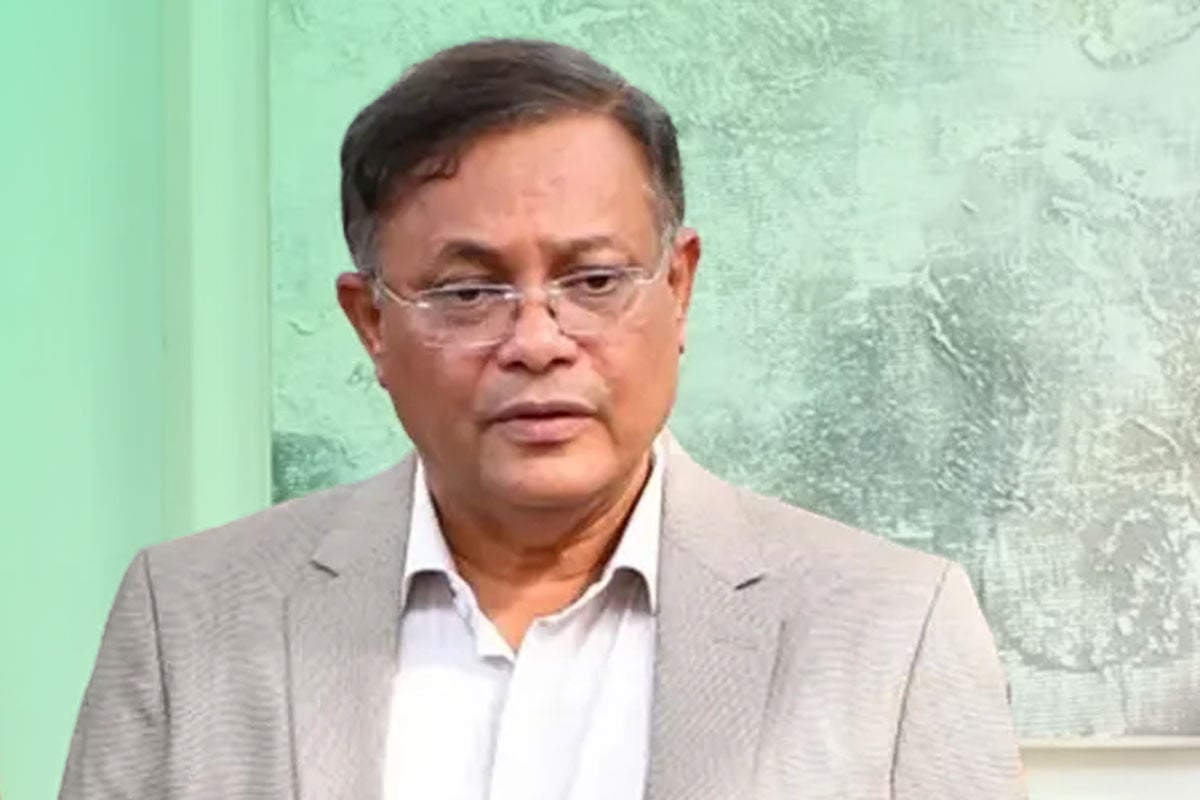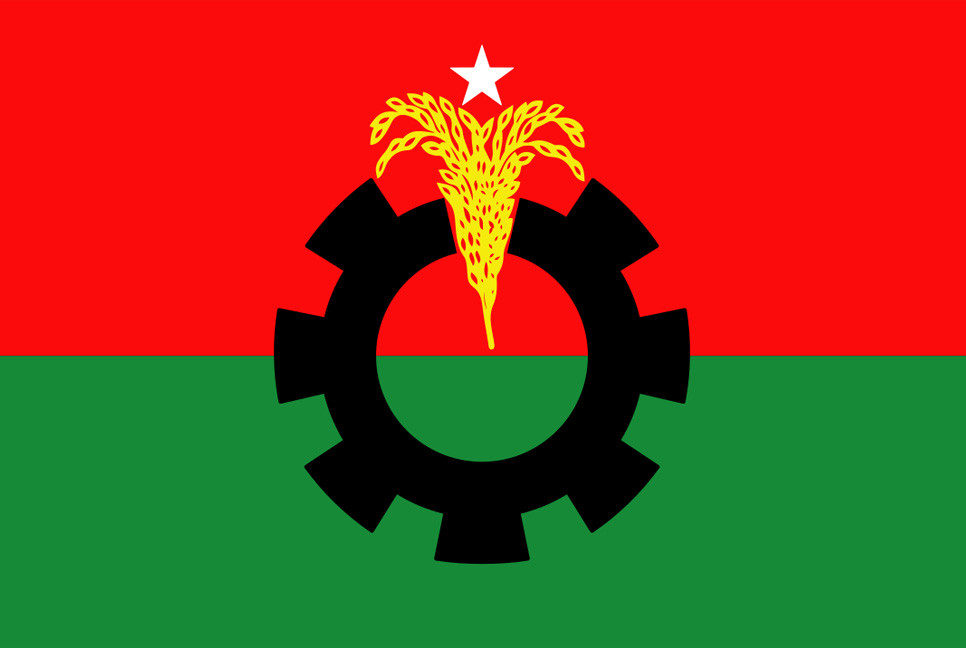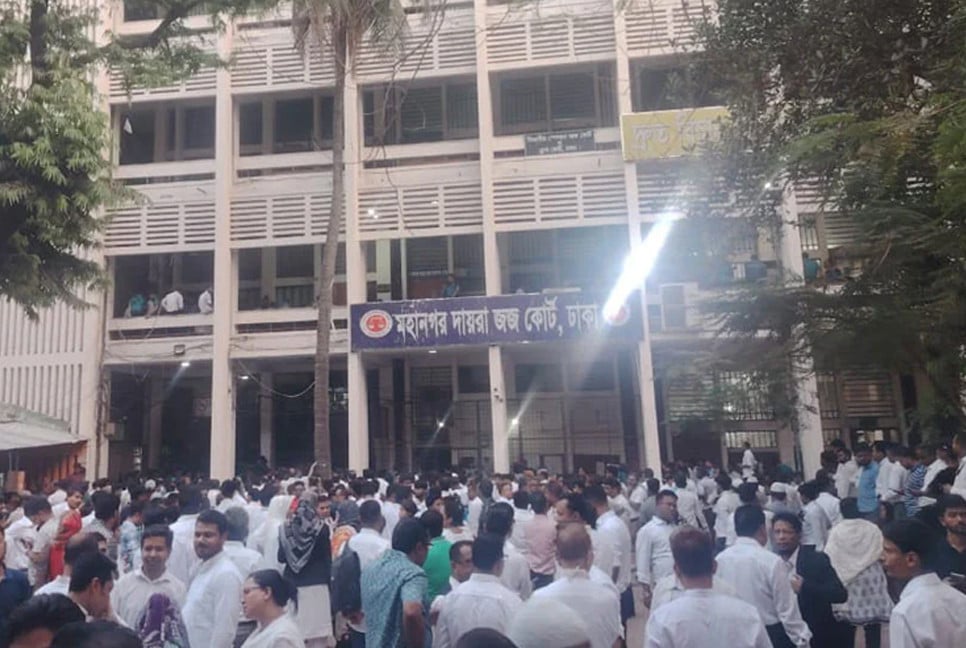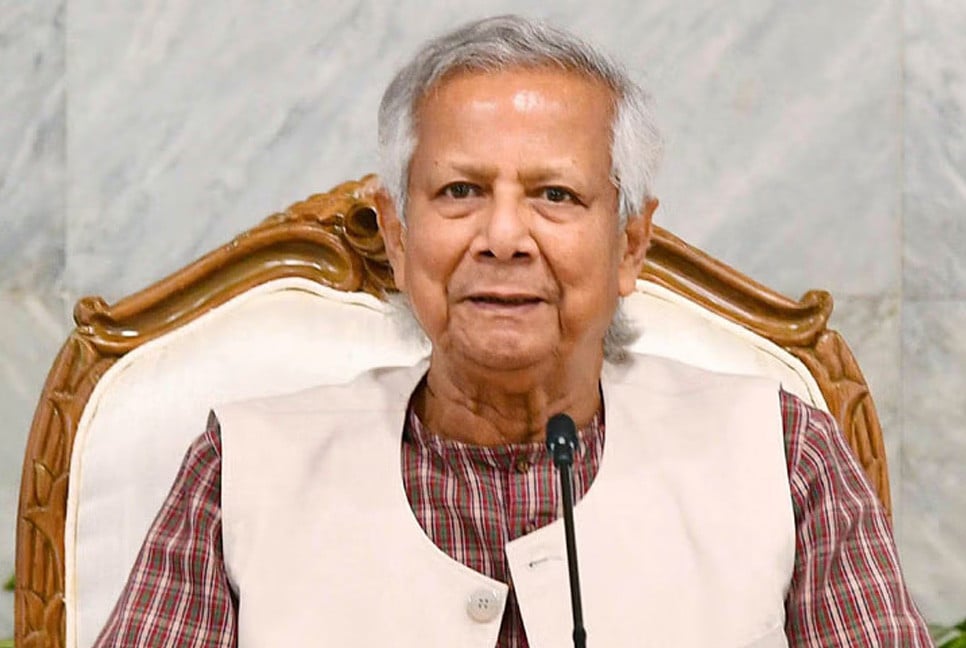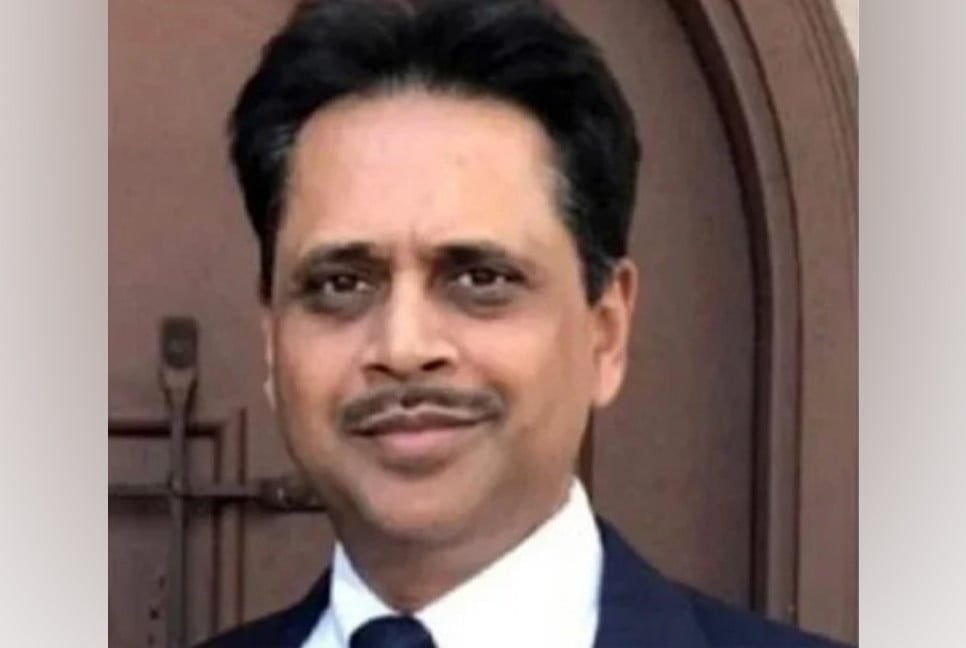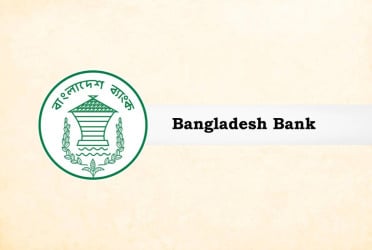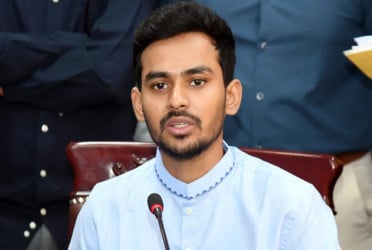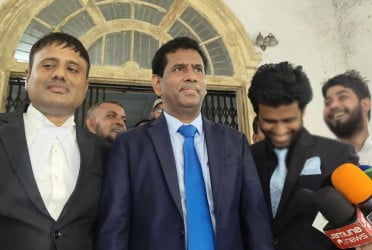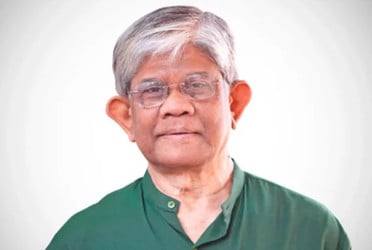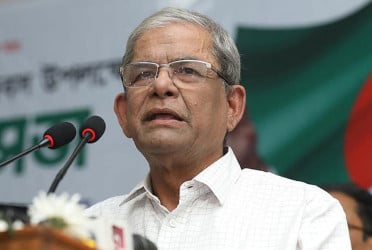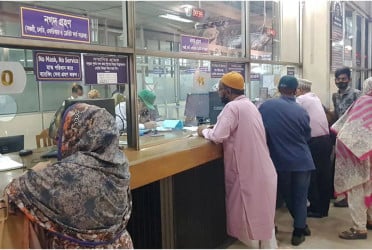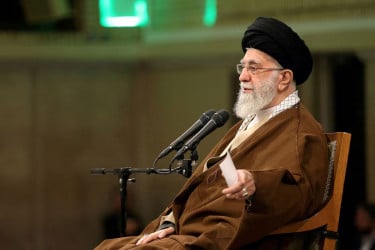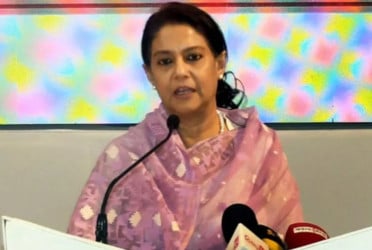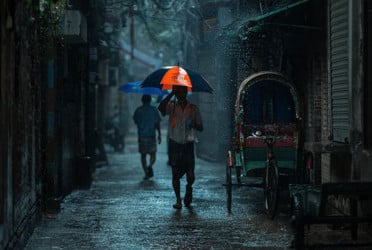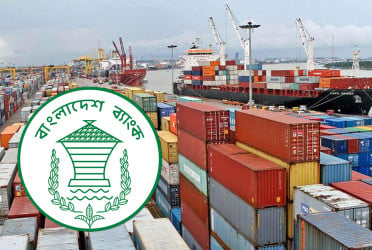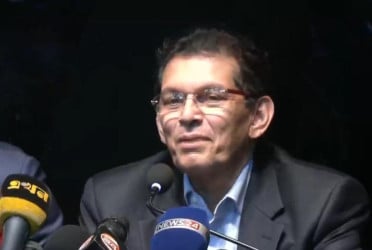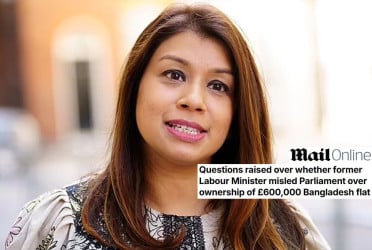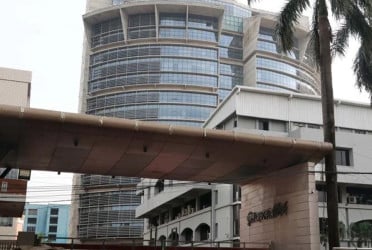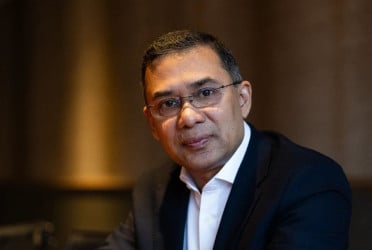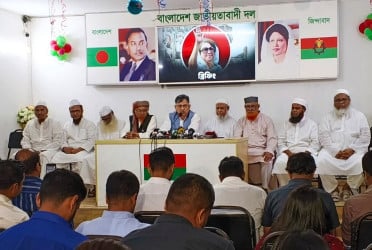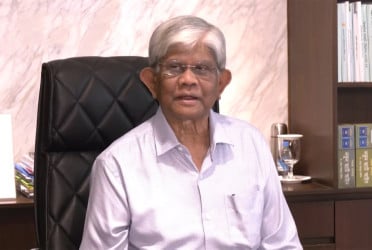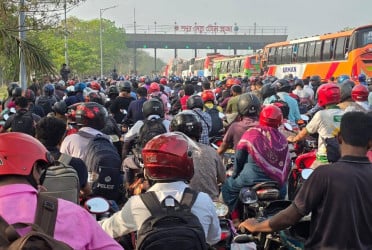The authoritarian regime of Sheikh Hasina fell on 5 August this year. This victory was achieved not only by the efforts of the students and people of Bangladesh but also through the significant contributions of Bangladeshi journalists and content creators abroad. These expatriates vocally criticized the corruption, oppression, killings, disappearances, and looting under Sheikh Hasina’s government.
From Europe, America, Canada, Australia, and other parts of the world, they appeared in talk shows on online and mainstream media to raise awareness against the government’s misdeeds. They were also very active on social media. Because of the ousted Awami League government, many of these journalists have been unable to return to Bangladesh for over a decade. Some even had their homes taken away. Yet, the threats and hostility of the authoritarian regime couldn’t silence them. While the government in Bangladesh has changed, their fates remain the same, as they are still entangled in various legal cases and receive no recognition from the current administration.
Oliullah Noman
Journalist Noman has lived in exile in London for 12 years. An oppressed journalist under the Awami League government, he recounted the suffering that forced him to leave his homeland. He recalls December 2012, a time when the conspiracy to execute opposition leaders on alleged war crimes charges had reached a peak. Around that time, Noman received the Skype conversation between Nizamul Haque Nasim, the Chairman of the International Crimes Tribunal and leader of the Ghatak Dalal Nirmul Committee, and his associate Ahmed Ziauddin. The conversation, which he received in early November, was recorded over 17 hours.
He submitted the recordings to the editor, who then approved its publication. In December, Amar Desh Editor Mahmudur Rahman decided to publish the conversations, which exposed the tribunal’s fabrication of verdicts and the structuring of charges from abroad. The information revealed a conspiracy to frame opposition leaders, casting doubt on the fairness of the trial and sparking widespread tension across the country.
After the Skype conversation was published in installments from 9 December to 13 December, Shamsuddin Chowdhury Manik, another leader of the Ghatak Dalal Nirmul Committee and a High Court judge, issued a directive banning further publication. He also summoned Amar Desh to court. Subsequently, a prosecutor from the tribunal filed charges against the editor and publisher under the ICT Act. Following this, the editor advised Noman to urgently leave the country. The fear of enforced disappearance or extrajudicial killing prompted the editor to take this step to ensure Noman's safety. Noman lived in London for 12 years, separated from his homeland and family.
M. Rahman Masum
An online activist, Masum gained attention in the US by shedding light on extreme human rights abuses in Bangladesh. Since 2012, he has hosted shows in English on YouTube and Facebook, exposing the Awami League government’s transgressions to US Senators, Congress members, European Parliament members, human rights activists, and lawyers from the International Criminal Court. His programs informed people of the realities in Bangladesh and also raised awareness on the plight of expatriates in the Middle East, advocating for their rights.
Sheikh Mahiuddin Ahmed
Another activist, Ahmed was unable to return to Bangladesh under the Awami League regime. Even when his mother passed away in Ireland, he couldn’t accompany her remains back to Bangladesh. He was one of the most vocal critics of the government during a time when few dared to speak out. His activism attracted a vast following on social media, establishing a significant protest movement online. As the complainant in the murder case of revolutionary Siraj Sikder, where Sheikh Mujibur Rahman was accused, he faced significant hostility from the Awami League. Through his platform Sheikh News, Ahmed became a thorn in the government’s side. Knowing the dangers he faced, he chose to remain abroad. Recently, he returned to Bangladesh but faced harassment, including the partial seizure of his ancestral home.
Other Notable Activists
Alaur Khondaker in the US, Munni Chowdhury Medha in Australia, and others regularly criticized the Awami League government through their platforms. Shows like Face the People in Canada and contributions from figures like Dr. Faizul Haque and Sakib Ali from Malaysia played crucial roles in galvanizing public opinion against the government. Arif Al Mahfuz from London also actively worked online to shape public opinion against the government.
These individuals, risking their safety and enduring exile, have sacrificed much to oppose tyranny and defend the truth. However, despite the fall of the former regime, their exile continues, as they await justice and recognition from the current government.
Source: Daily Sun
Bd-Pratidin English/ Afsar Munna

